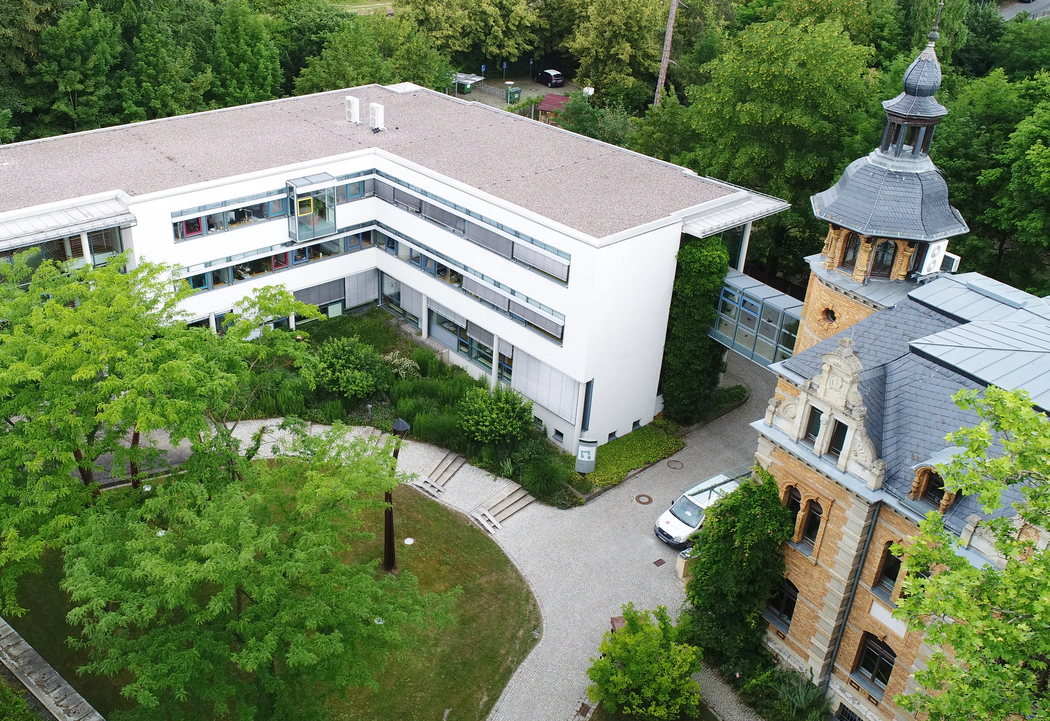How Can We Historically Describe the Evolution of Knowledge and How Can We Account for It?
DOI:
https://doi.org/10.21036/LTPUB10204Researcher
Jürgen Renn is Director of the Max Planck Institute for the History of Science and Honorary Professor at Humboldt University and Free University, Berlin. He is a member of the German National Academy of Sciences Leopoldina and affiliated with various international institutions, including Boston University. With a background in physics and mathematics, Renn is a leading researcher in the changing systems of scientific thought and physical knowledge. In his current research, Renn is particularly interested in looking at how different disciplines of knowledge production have contributed to the evolution of knowledge. Further, he seeks to dissect how this might differ under the influence of new media and across cultures. Beyond academic research, Renn has been involved in the Digital Humanities and Open Access Movement, as well as in drafting of the Berlin Declaration on Open Access to Knowledge in the Sciences and Humanities.

Original Publication
The Globalization of Knowledge in History
Jürgen Renn,
Malcolm D. Hyman
Published in
Citation
Jürgen Renn,
Latest Thinking,
How Can We Historically Describe the Evolution of Knowledge and How Can We Account for It?,
https://doi.org/10.21036/LTPUB10204,
Credits:
© Jürgen Renn
and Latest Thinking
This work is licensed under CC-BY 4.0
